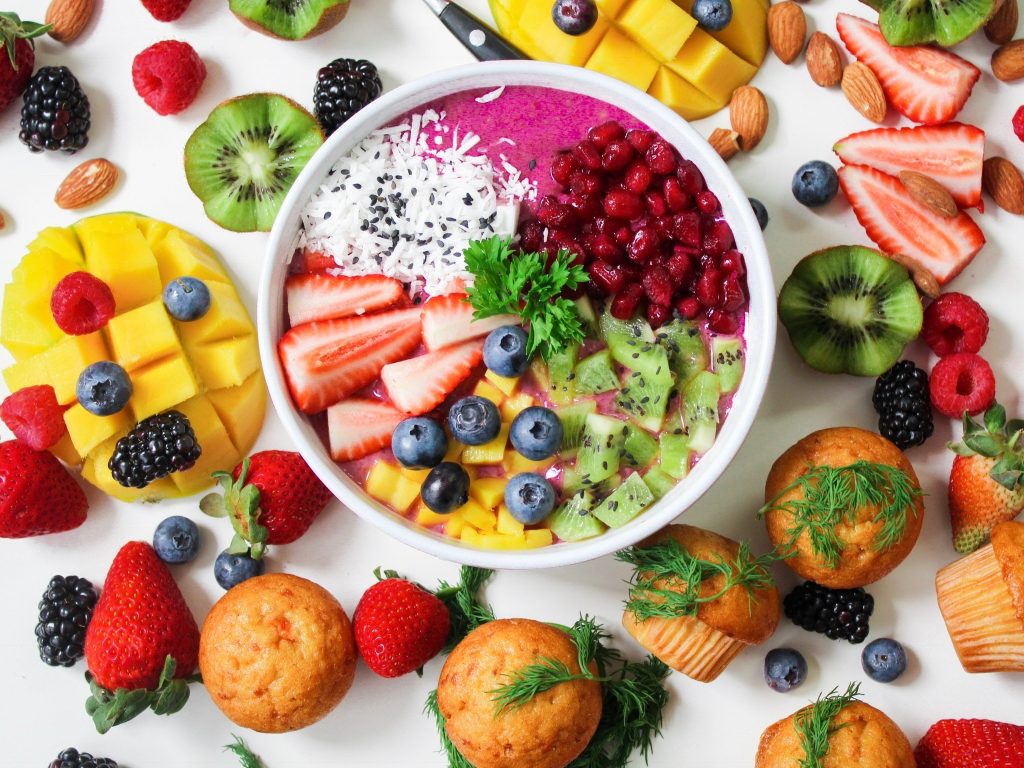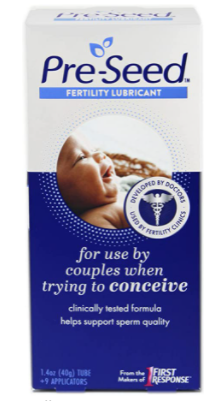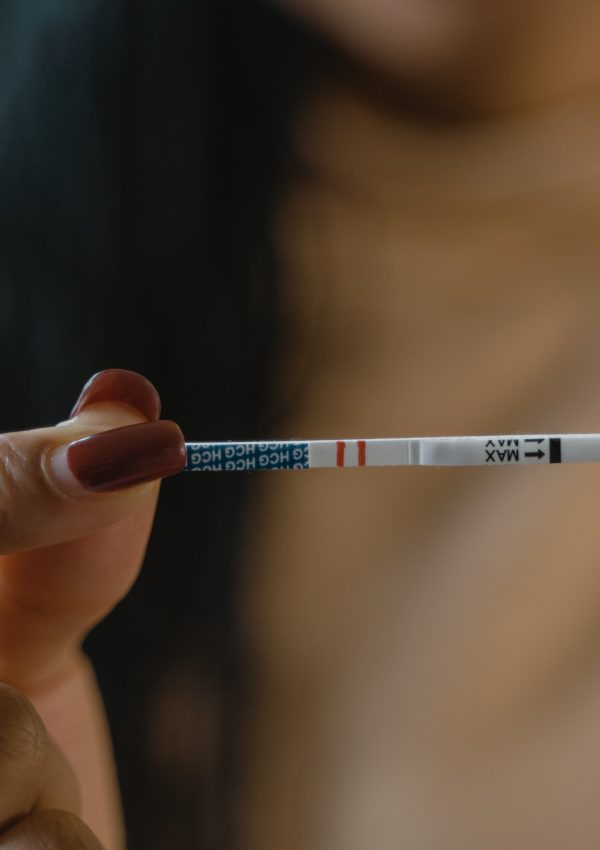Are you on you’re trying to conceive journey and looking for ways to get pregnant faster? Here are 16 easy steps you can take to increase your chances immediately.
This post may contain affiliate links, which means I’ll receive a commission if you purchase through my links, at no extra cost to you. Please read full disclaimer for more information.
Maybe you’ve been on your trying to conceive journey for a few months now or maybe you’ve just started. Either way, it can be a long and bumpy road. Thankfully, there are steps you can take in order to increase your chances of getting pregnant before resorting to more expensive routes. It can sometimes be an overwhelming process to dive into, which is why I want to share some of the best tips that helped me get pregnant in only 3 months.
Overall, just think of trying to be healthier and taking better care of yourself. The months can feel like years and it can be frustrating but just remember that the odds are in your favor. 85% of couples conceive within one year and if you follow these tips, you’ll increase your chances even more.

This post is all about the best tips that can help you get pregnant faster.
1. Schedule a visit with your doctor
One of the first things you should do before you start trying to conceive is schedule a check-up with your doctor. Even if you’re already on your trying to conceive journey, it’s never to late to schedule a check-up. First, they will likely perform a physical. Even if you feel healthy, a physical can pinpoint potential health concerns (e.g. weight and blood pressure) that you can address before you start trying for a baby.
Then, they will likely ask questions about your medical history or medical conditions that may run in your family. In addition, they may have the best OB-GYN referrals for you and address any questions you may have about them.
You’ll want to use this time with your doctor wisely and ask questions. Here are some useful questions to ask:
- How long will it take me to get pregnant?
- Do I have any health conditions that will affect my fertility?
- Which supplements should I start taking? Do you recommend a specific brand?
- Should I do genetic testing?
- Should my husband get sperm tested?
2. Stop taking birth control
I think this goes without saying, but if you want to have a baby, you should stop all forms of birth control. Birth control works by preventing ovulation and you have to ovulate in order to get pregnant. It may take months for your body to fully adjust being off birth control.
Some people wonder if you need to wean yourself off of birth control. If you’re on the pill, the answer is no. The best way to stop is to finish the pack you’re on. If you have an implant, get shots, etc., the best way to safely stop or remove the birth control is to go directly to the provider.
3. Start taking a prenatal
One of the most important steps you can take on your trying to conceive journey is to start taking a prenatal. Daily vitamins are great but prenatals are specifically designed to nourish the baby as well as replenish your nutrients that the baby uses. You want to start taking them as soon as you can so that your body can start storing some of the key nutrients that babies need to grow and develop.
When looking for a prenatal, you want to make sure that it has at least 400mcg of folate or folic acid. It’s one of the most important nutrients in pregnancy because it can help prevent major defects in the baby’s brain, such as neural tube defects. It’s important to start taking folic acid early because the baby’s neural tube develops into the spinal cord just 28 days after conception, which is often before most women find out they’re pregnant.
You might enjoy: The Best Prenatal Vitamins For Soon-To-Be Moms
4. Download a cycle tracking app
As soon as you and your partner decide that you want to start trying to conceive, you’ll want to start tracking your cycles as soon as you can. The easiest way to do this is to download a cycle tracking app. Each day, you can log and track information about your cycle such as cervical mucus consistency, period information, ovulation test results, basal body temperature, pregnancy test results, symptoms and more.
A cycle tracking app has plenty of other data points you can track and it’s useful because all the information is in one place. Tracking your cycles will also give you a pattern. And having a pattern is important for predictability for future cycles. You’ll want to have that data so that you become more familiar with your body and know what to expect during your cycle.
The whole point of tracking your cycle (while trying to conceive) is to know when your fertile window is. You’ll want to start timing intercourse during your fertile window because it’s the only period of time throughout your cycle that you can get pregnant.
You might enjoy: The 5 Best Cycle Tracking Apps To Use While Trying To Conceive
5. Start measuring your LH levels
In addition to tracking your cycles on an app, you can also measure your LH levels. LH is the hormone that surges during your fertile window in order to trigger ovulation. Contrary to popular belief, you don’t always ovulate on cycle day 14. If you’re tracking your LH levels, you have an even better chance at pinpointing when you’ll ovulate which will help you better know when to time intercourse.
In order to measure your LH levels you can use an ovulation test. To take them, you usually pee in a cup and dip the test strip in for a few seconds. Then you should get your results in a couple minutes.
These Pregmate ovulation test strips are the best because you can just download this Premom app and upload your results there. The testing strips can sometimes be difficult to read and the app can give you a clearer interpretation of your results.
In order to use them correctly, you’ll want to start testing when your cycle tracking app tells you when your fertile window starts. When you see the test line begin to get darker, you can test twice, or even three times a day if you know you have a short LH surge. If the test line is equal to or darker than the control line, that means your LH has surged and you should ovulate in the next 24-36 hours.
The reason the Premom app is useful is because it will tell you whether your results are a low, a high, or a peak reading. The peak reading is the one you’ll want to look for as that’s the best indication of your LH surge. If the test line isn’t getting as dark as the control line, keep testing! It may take over a week to catch your egg.
6. Get to know your body
If you’re more in tune with your body, you’ll know what signs to look for when you’re most fertile. Many women experience different symptoms around their fertile window so understanding these symptoms is a good way to pinpoint ovulation. The last two points that mentioned downloading a cycle tracking app and tracking your LH levels is the best way to start.
We as women have two major phases in our cycles, which may cause us to feel and act differently. In addition, the onset of PMS symptoms can start as soon as the day after ovulation. So if you understand the difference between your PMS symptoms and ovulation symptoms, you can learn even more about the timing of your cycles and ovulation. Logging these different symptoms into a cycle tracking
You might enjoy: 7 Ovulation Symptoms You Can’t Miss
7. Start exercising

Exercise doesn’t directly impact your fertility but studies show that those who live a healthier lifestyle are more likely to conceive. Exercise helps mitigate health risks that can arise while you’re pregnant, such as high blood pressure and gestational diabetes. It also helps manage discomfort and back pain that can arise as you gain weight to support your pregnancy.
Lastly, you release endorphins when you exercise, which decreases stress! Trying to conceive can be a stressful process and exercising to manage the stress will not only help relax you, but it will help you build stamina for labor and delivery. Believe me, labor is the workout of all workouts.
It doesn’t have to be the most strenuous type of workout either. A brisk walk to get the blood flowing a few times a week is a great place to start. And there are plenty of workout apps and YouTube channels if you’re interested in doing at-home workouts.
Exercising Youtube channels
8. Maintain a healthy weight
Maintaining a healthy weight is one of the best steps you can take to conceive. It goes hand-in-hand with exercising and can decrease your chances of having fertility issues as a result of PCOS (polycistic ovary syndrome). A healthy weight can vary from person to person so it’s best to consult with your physician or dietician on this matter.
Being overweight is also linked with a number of pregnancy complications such as pre-eclampsia, high-blood pressure, gestational diabetes, and more. It’s best to try to get ahead of these things as soon as you can so that you can increase your chances of getting pregnant. Maintaining a healthy weight has lifetime benefits that can also help you feel better mentally.
9. Cut back on processed foods and soda
Trans fats and lots of sugar can also lower fertility if consumed in excess amounts. McDonalds with a Coke here and there isn’t going to hurt you so no need to go crazy! But if it’s part of your regular diet, it would be smart to cut back if you’re trying to get pregnant faster.
You can try eating more homecooked meals or even substitute a soda for water. These types of small changes will add up over time that are so much better for you in the long run. When you eat healthier, you’ll feel much better as well.
10. Stop recreational drugs and quit smoking
This one is obvious, but if you’re trying to get pregnant faster, you’ll want to quit smoking completely and stop all recreational drugs. These two things can not only decrease fertility but can cause miscarriage and a multitude of birth defects. Stopping these habits can lead to a healthier trying to conceive journey, and better yet a healthier pregnancy.
11. Cut back on alcohol
We’ve all heard at some point that drinking alcohol while pregnant can lead to miscarriage and birth defects. However, when consumed in large amounts, alcohol can decrease fertility as well. If you’re having just a few drinks a week, you are likely okay. But if you’re very social and drink much more than this, you may want to cut back, just to be on the safe side. Everything in moderation, right?
12. Stay hydrated
Did you know that drinking enough water can give you better chances of getting pregnant? The human body is almost 60% water so it only makes sense that you should drink the daily recommended amount of water per day. This comes out to about half your body weight in ounces, at the very least.
In terms of reproduction and fertility, your cervical mucus can be affected by dehydration. Cervical mucus is mostly water and is naturally acidic in order to kill off harmful bacteria. In some cases, sperm. Even though your vagina is less acidic around ovulation, it’s important to stay hydrated because dehydration actually makes your body more acidic. If your body is acidic, so are your organs, which could affect their functions.
Staying hydrated has numerous benefits as you may know. Including feeling less sluggish, having clearer skin, and having less kidney issues. Get yourself a nice big water bottle and drink up!
13. Try a fertility-friendly lubricant
When you’re trying to get pregnant faster, you’re probably willing to do just about anything to speed up the process. Buying a fertility-friendly lubricant is a cost-effective way to increase your chances of getting pregnant even more.
The Pre-seed fertility-friendly lubricant is OB-GYN recommended and is extremely highly rated. The cycle we used it, we got pregnant, so I absolutely swear by it. It works by mimicking your natural cervical fluids while you’re fertile, which helps the sperm reach the egg. The consistency is thin and there’s no scent, which is perfect if you have sensitive skin. I can’t recommend it enough.
14. Eat fertility boosting foods

Not only can you cut out some processed foods to increase your chances of getting pregnant, you can also eat more foods that boost your fertility.
This study showed that women who ate more folate in their diet, had higher rates of live birth and increased chances of successful implantation. Going for healthier options on your trying to conceive journey is beneficial not only for you, but for your baby when you do get pregnant!
Here are a few fertility boosting foods you can try:
- Avocados
- Dark leafy greens
- Sunflower seeds
- Berries
- Salmon
- Nuts
- Greek yogurt
- Citrus fruits
- Eggs
- Lentils
- Asparagus
- Quinoa
15. Get better sleep
Getting better sleep may not impact your fertility directly, but can prevent the onset of various conditions that can affect your fertility down the line. Some of these conditions are high blood pressure, diabetes, obesity, cardiovascular disease, and more. When you get more sleep, you’re less irritable and fatigued as well, which gives you more energy to make healthier meals and get some exercise in.
Most of these healthy life habits tie together and can help you feel so much better physically and more importantly. mentally. Here are some easy things you can do to help you get better sleep:
- Going outside during the day
- Exercising
- Reading a book before bed instead of being on your phone
- Taking magnesium supplements if approved by your doctor
- Going to bed earlier if you can
- Drinking chamomile tea at night
16. Have a healthy sex life
And the most obvious tip, is to have a healthy sex life with your partner. A common misconception is that you need to have more sex every day to increase your chances of getting pregnant. If that’s what works for you then by all means! That’s great. However, in many cases, having intercourse every other day gives you pretty much the same odds..
The best way to have a healthier sex life with your partner is to do it throughout the month. When you’re suddenly interested in having sex after a 3 week dry spell, it may seem weird and may turn off your partner. Keep a healthy relationship by dating each other and doing nice romantic things for each other throughout the month. It will go a long way and maybe you won’t even have to track your cycles to get pregnant.
This post was all about easy things you can do to get pregnant faster. Any tips you tried that worked? Let me know in the comments!






